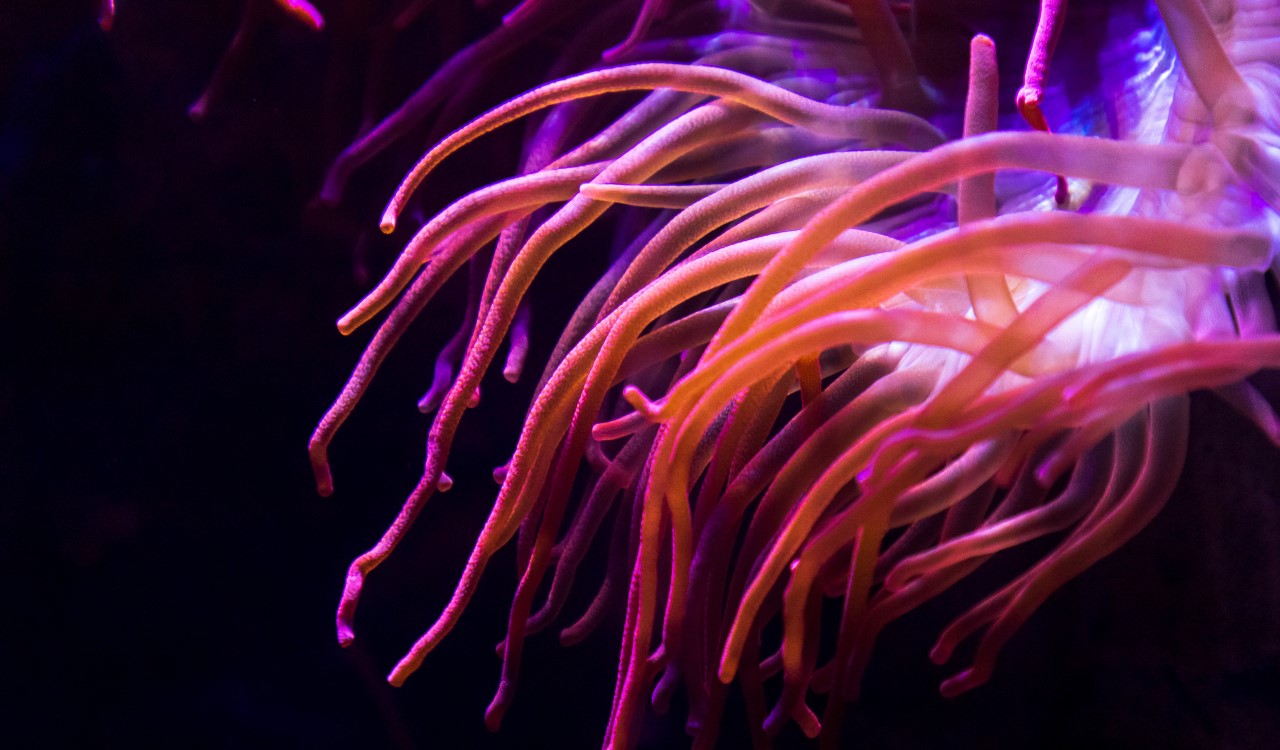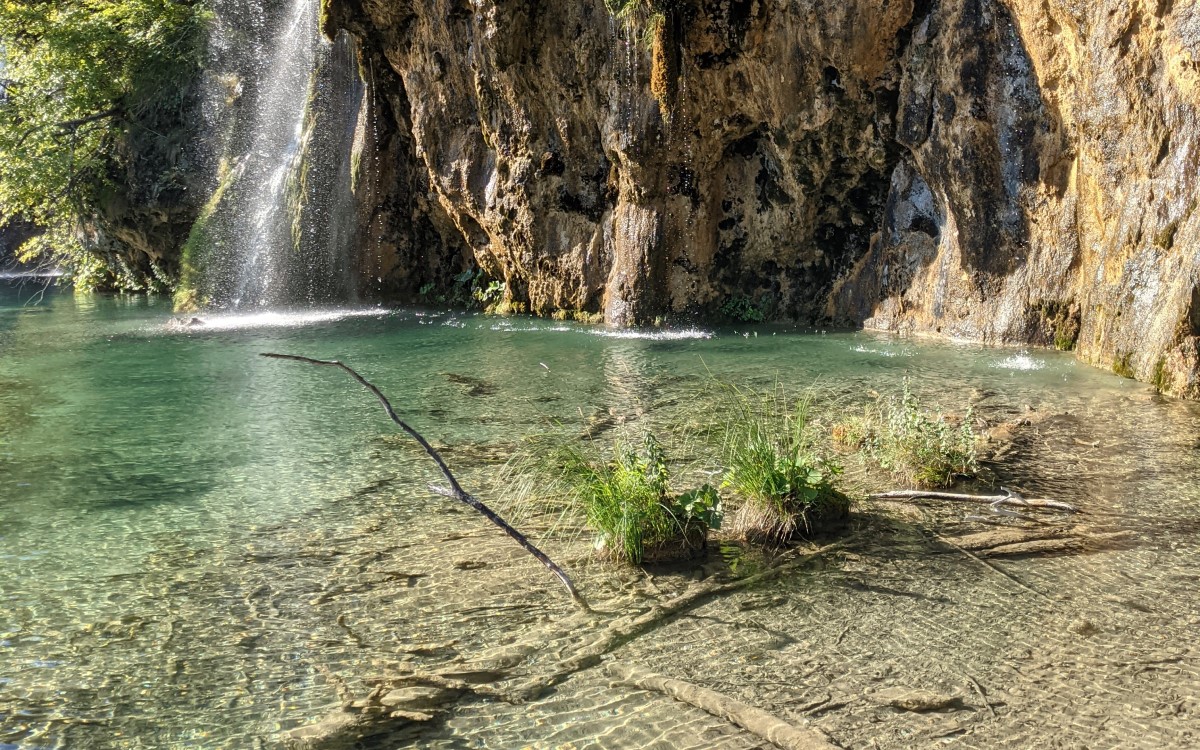November 29, 2023 ǀ Researchers of the International Institute for Applied Systems Analysis (IIASA) contributed to a new international study that tested the extent to which global water models agree with each other and with observational data. Using a new evaluation approach, the researchers can show in which climate regions the models agree and where they differ.
Global water models are essential tools for understanding the water cycle. Probably the most important use of these models at present is to understand the impacts of climate change. Our society is experiencing many of these impacts through changes in water extremes such as increasing droughts and floods, which pose growing threats to people and ecosystems. But there are also changes in general water availability, for example soil moisture, which is relevant for agriculture or groundwater recharge, which is important for the sustainable use of groundwater.
Models vs observational data
However, inconsistencies between the results of different global water models make such model-based conclusions uncertain. These differences have not yet been fully quantified and previous evaluation approaches have provided limited information on how the models could be improved. The new study published in Nature Water is the first to use large-scale relationships between climatic and hydrological variables to reveal differences between models and in comparison to observational data.
“In observational data, for example, we see a strong correlation between precipitation and groundwater recharge over the African continent. Not all models represent this relationship accurately and we need to understand how realistic different model results are,” explains study lead author Sebastian Gnann, who worked on the study while associated with the University of Potsdam.
Peter Burek and Yoshihide Wada, both associated with the Water Security Research Group in the IIASA Biodiversity and Natural Resources Program, contributed to the water cycle representation of global models in the study using the IIASA Community Water Model (CWatM) – an open source model developed for the assessment of water supply and human and environmental water demands at both global and regional levels.
“The Inter-Sectoral Impact Model Intercomparison Project (ISIMIP) is not only a great way to compare and frame the uncertainties associated with global water models but also to bring all our models a step further by looking at the functional relationships,” notes Burek.
News methods are necessary
Relationships between climatic and hydrological variables – so-called functional relationships – provide an overview of how the global water cycle functions. How much does groundwater recharge depend on precipitation and how strong is the influence of other factors, such as geology? Answers to such questions are enormously important, but they are often missing for large areas of the land surface, which is also reflected in inconsistencies between models. In addition to groundwater recharge, these inconsistencies are particularly large for processes that describe the energy balance at the land surface, and across processes in dry and cold regions.
The researchers note that they are looking for new methods to evaluate these immensely important models, to on the one hand inform decision makers about how reliable the model results are, but also to help model developers improve the models. If the robustness of model predictions can be better quantified, the relevance and utility of these models will increase. They conclude that functional relationships offer the potential for fundamental advances in global hydrology and should be a renewed focus of hydrological research, especially for model evaluation.
The project was carried out as part of an Alexander von Humboldt Professorship at the University of Potsdam, and within ISIMIP.
Adapted from a press release by the University of Potsdam.
Publication:
Gnann, S., Reinecke, R., Stein, L., Wada, Y., Thiery, W., Müller Schmied, H., Satoh, Y., Pokhrel, Y., Ostberg, S., Koutroulis, A., Hanasaki, N., Grillakis, M., Gosling, S.N., Burek, P., Bierkens, M.F.P., Wagener, T. (2023). Functional relationships reveal differences in the water cycle representation of global water models. Nature Water DOI: 10.1038/s44221-023-00160-y







